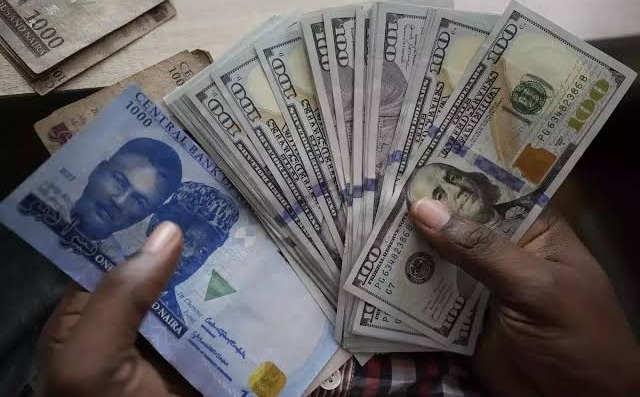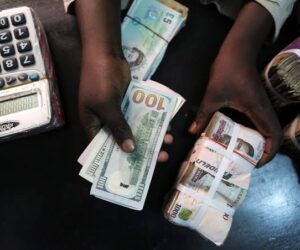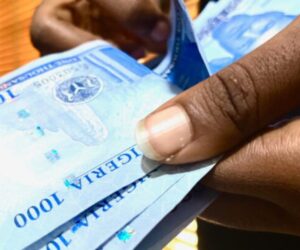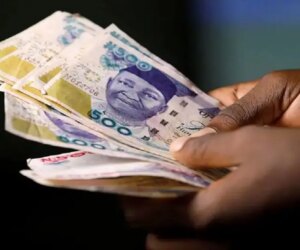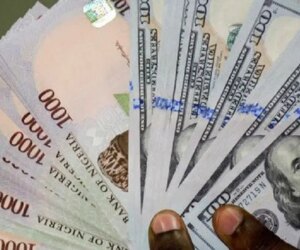Nigeria’s official foreign exchange rate began the week steady at around ₦1,436–₦1,437 to the US dollar on Monday, November 10, 2025.
Meanwhile, the parallel or black market continued trading between ₦1,450 and ₦1,470, depending on location and dealer.
Official and Parallel Market Rates
At the Nigerian Foreign Exchange Market (NFEM), the volume-weighted average stood around ₦1,436–₦1,437 per dollar.
In the parallel market, dealers reported buying rates of ₦1,450–₦1,458 and selling rates between ₦1,460 and ₦1,470.
Market Conditions and Liquidity
The NFEM remained stable in the mid-₦1,430 range, supported by dollar inflows from exporters and remittances. This steady supply helped maintain liquidity in the official market.
However, cash demand in city-based Bureau De Change (BDC) markets pushed street rates slightly higher, keeping a noticeable gap between the two markets.
Why the Rate Gap Persists
Analysts attribute the difference to structural issues and short-term economic trends. Factors such as the end of subsidy pressures, better non-oil dollar inflows, and recent Central Bank policies have supported the official rate.
Still, limited access to physical dollars and uneven BDC liquidity sustain the premium in the parallel market. International capital flows and investor sentiment also influence short-term movements.
Impact on Businesses and Consumers
Importers and traders needing physical dollars still consider parallel market prices when setting product costs.
Remittance recipients, on the other hand, often benefit from slightly higher rates when receiving immediate cash payments.
Businesses and foreign exchange desks monitor the NFEM for official transactions while relying on BDC figures for day-to-day cash needs.
Over the past week, the naira–dollar rate has hovered between ₦1,430 and ₦1,460, with brief spikes when local demand for cash rises.
Central Bank efforts to boost FX liquidity and manage interest rates have reduced volatility compared with earlier in the year, but experts say a lasting rate balance depends on stable and consistent dollar supply.

